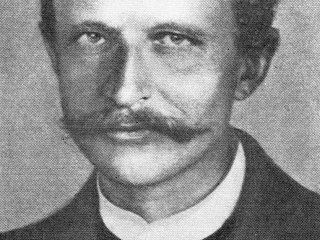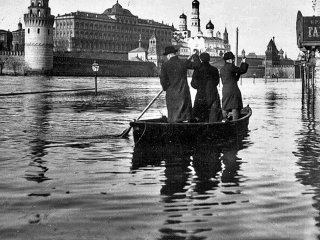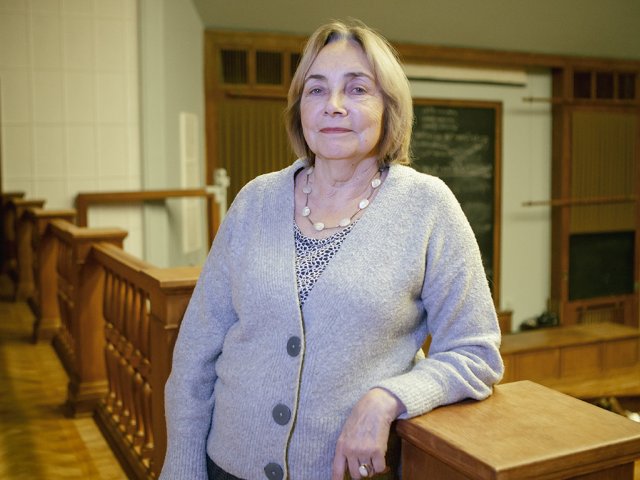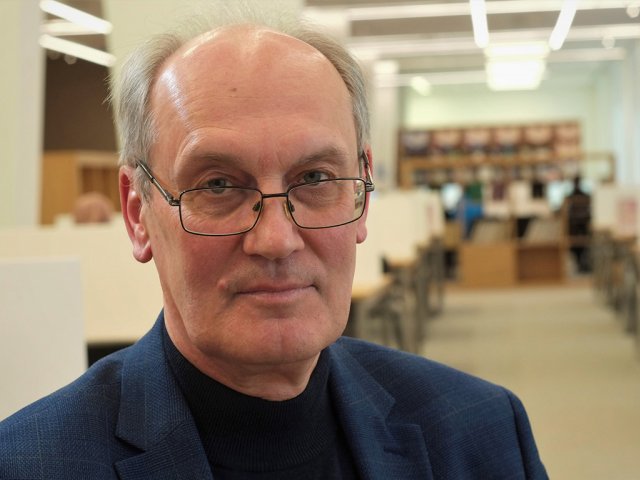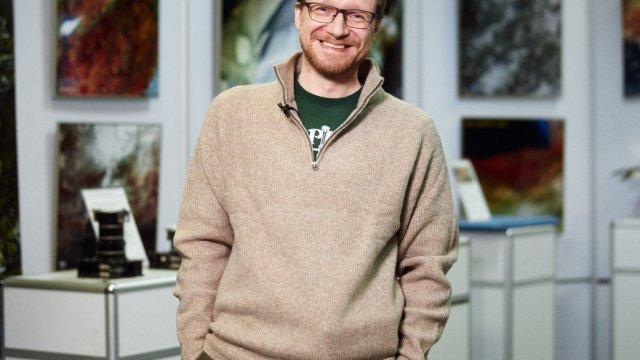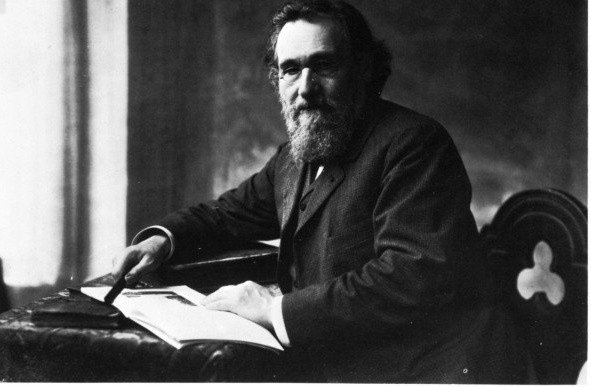
He was interested in biology since his childhood, imagining himself as a real scientist, collected herbals, wrote works on botany and gave all his money to brothers and other children for them to sit through his lectures. Later his lectures had become a success without any payments to the audience, and even poems were written by impressed attendees, as the poet Fedor Sologub did:
A scientist par excellence
Tells us pompously
That intestinum cecum
Is more relevant than philosophy,
That we owe our welfare
And fruitful thoughts
Only to sour milk
Which is undeniable.
But can anyone rest their faith
On that blind gut?
Can that gut comprehend
All our grievances?
The poet had it right. Mechnikov spent his whole life occupied by aging issues. The scientist believed that we age and die prematurely because our body poisons itself with microbial and other toxins. He held the Bulgarian lactobacillus to be a panacea for old age and pessimism and therefore promoted dairy products throughout his life. However the prestigious Nobel Prize was awarded to Mechnikov not for yogurt but for his phagocytic theory of immunity. As early as 1882, he described phagocytosis, a process whereby special blood and tissue cells capture and digest solid particles. These cells, which protect the body from bacteria, viruses and other filth, have been called phagocytes by the scientist.
